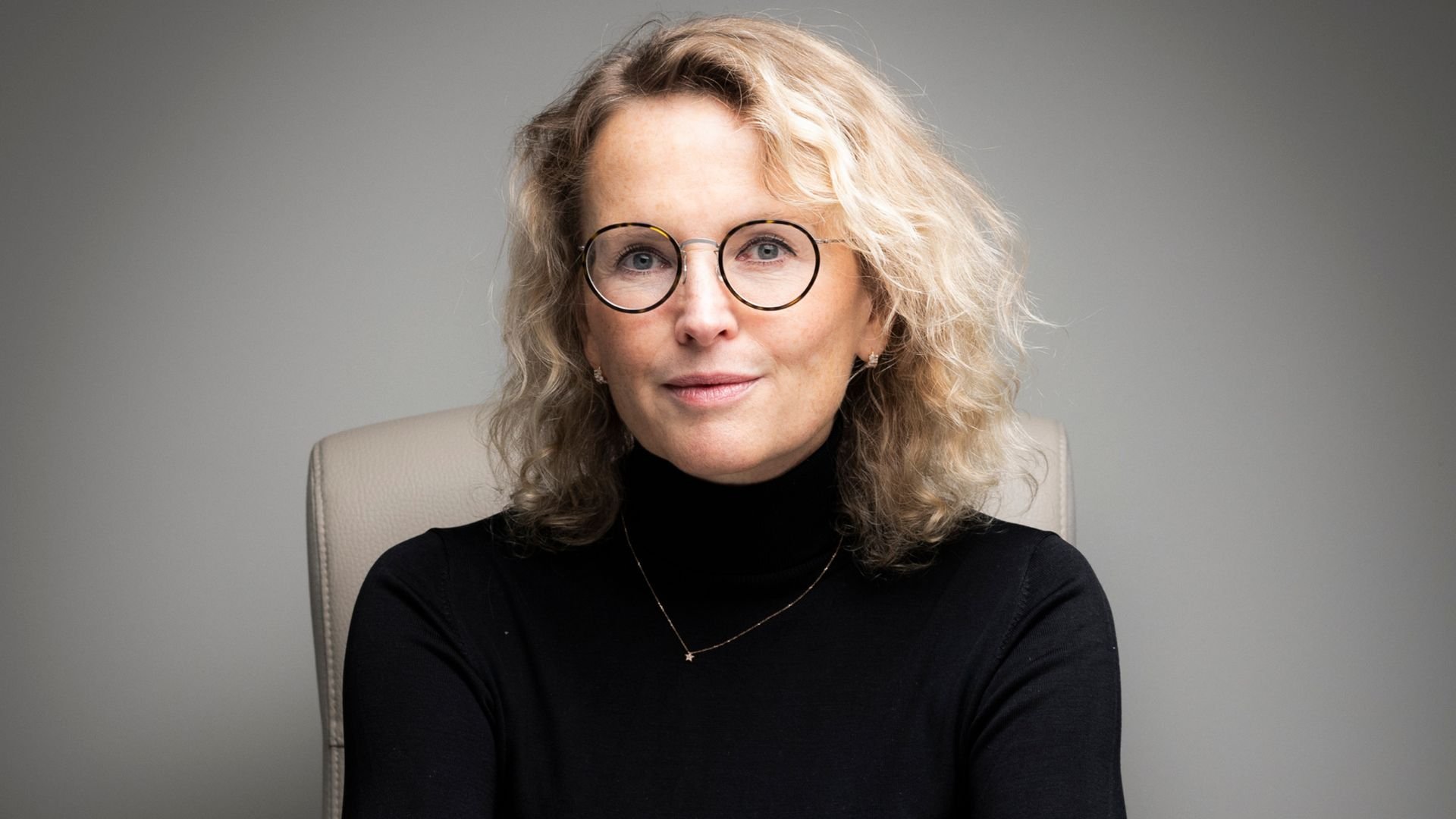Good things take time. 2.5 years have passed since the European Parliament and the Council, as part of their Action Plan on technology-enhanced innovation in financial services in Europe, adopted a proposal for a regulation on European commercial Crowdfunding Service Providers.„ECSP“) together with supplementary annexes and assessments. Last Monday the proposal was adopted in Brussels (the formal resolution of the European Parliament).
We are discussing the content of the regulation, its effects at national and international level and any questions that remain open with Constantin Fabricius, Managing Director of the Association of German Credit Platforms, who in this capacity has followed and accompanied the debates very closely.
So what exactly does the regulation say?
The aim of the regulation is to overcome the fragmentation of the national crowdfunding markets and thus to take another important step towards the realisation of capital market union. The regulation specifically regulates the access of credit platforms, which have been regulated nationally to date, to the EU single market.

The special feature of the Regulation is that the models of crowdfunding permitted under the laws of the Member States will continue to be permitted in the future in accordance with the respective laws. However, if a form of crowdfunding falls within the scope of the new regulation, an ECSP permit will be mandatory.
It took 2.5 years from the first draft of the ECSP Regulation to its adoption by the European Parliament – what took so much time?
Compared with other legal acts in the field of financial market regulation, it has not really taken that much longer. But yes, 2.5 years is a long time, and there are good reasons for that. First of all, the Commission had made a radical proposal for regulation based on the FinTech Action Plan. Its idea was to introduce a 29th regime. However, this triggered a strong defensive reaction from the Member States represented in the Council of the European Union. They simply did not want it. As a result, the process of dealing with the matter got off to a slow start and later led to discussions that were sometimes very lengthy. In contrast, however, the proposal was well received by the European Parliament.
However, the 2019 European elections led to new appointments to the rapporteur roles, which delayed the process. In addition, the various Council presidencies prioritised ECSP differently. On top of that, the brexit, which kept the Council and Parliament quite busy.
As Managing Director of the Association of German Credit Platforms, how do you assess this regulation?

We at the Association of German Credit Platforms take a very positive view of this regulation. It proves that the European legislator has understood the paramount importance of credit platforms for SME financing in the EU. Moreover, the legal act is a milestone for consumer protection.
This is the first time that a regulation is on the table that focuses on consumer protection in all its breadth. We expressly welcome this because it is in line with our demand for quality, trust and transparency, which we already want to express in our industry standards. Our expectation is actually that ECSP will lead to a sustainable strengthening of platform lending as THE alternative form of financing.
We particularly like the fact, incidentally, that there will no longer be a need for a fronting bank within the scope of the regulation on crowd lending after the end of the transitional period. This was a central petition of the Association of German Credit Platforms, which the European legislator finally adopted. That makes us a bit proud.
„The need for online credit is greater than ever“
Does the regulation go far enough for you, or would you have liked additional points?
The Commission’s idea of establishing a 29th regime was unfortunately abandoned during the discussions. What we now have is a regulation that basically provides for full harmonisation only for certain swarm financing models. It is rather a pity that the Member States lacked the courage to follow the Commission. Obviously, the time was not yet ripe.
The relatively low level of ECSP-eligible securities issues is also regrettable. The regulation only applies to issues up to EUR 5 million. This sum is to be calculated over a period of 12 months, but not per credit project, but for all of a company. Here too, perhaps we could have been a little bolder.

Overall, however, the regulation is already going in the right direction. The review to be carried out by the Commission will provide an opportunity for the association and its members to address these and other points, such as the extension of the scope to other swarm financing models.
What development do you expect after the regulation comes into force at national or international (Europe) level?
I could well imagine that there will be a certain boom on the European market after the adoption of this regulation. Swarm financing platforms will re-explore their opportunities and will certainly be tempted to push their European business forward. And new players could also see themselves strengthened in their ability to directly align their business model EU-wide.
What are the advantages for German crowdfunding and lending platforms?
The need for online credit, especially for SMEs, is there, perhaps even more than ever in the current corona crisis. ECSP will certainly lead to a strengthening of the lending platforms here. It will be exciting to see the further developments.
Legal certainty is always good for companies, but it can also quickly become overregulation and thus a brake pad – do you see this danger in connection with the ECSP Regulation?
No, I don’t. But it would also be the wrong approach. A sector as young and innovative as ours is particularly dependent on not being so heavily regulated that it cannot develop and develop its positive effects. I think the message from the European legislator is something like this: We want to promote your business model, but regulate you appropriately to avoid arbitrage. And this approach is perfectly fine.
„Especially a young and innovative industry like ours depends on not being so heavily regulated.“
Do you think that the German lending and crowdfunding platform is sufficiently well positioned to implement the regulation?
Absolutely. First of all, there will also be a transitional period of 12 months. This time is important so that the German credit platforms concerned can adapt to meet the requirements of the ECSP. Our member companies are really well positioned to implement this regulation.
Do you see open questions in the companies and what are they?
Yes, there are certainly a number of questions that still need to be answered. From the point of view of lending platforms, however, these are essentially questions of interpretation. For example, the question of whether partnerships are also eligible as investors. However, in the context of the Commission’s work, which is now beginning, on concretising the text of the regulation by means of delegated acts, we see an opportunity to clarify these and all other questions in good time.







